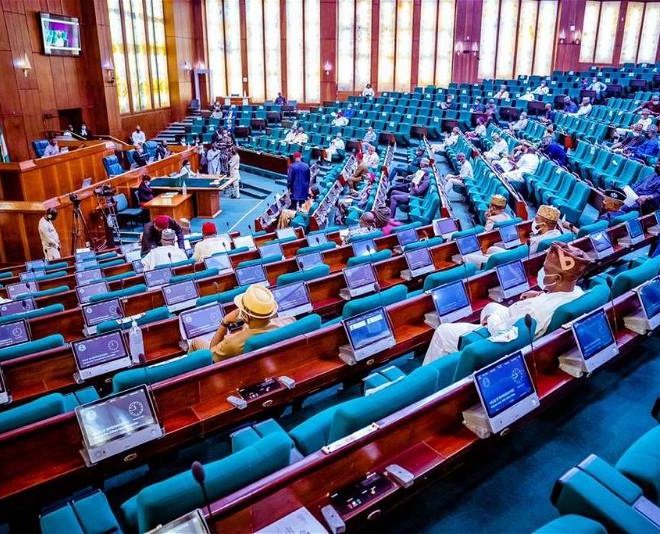Paragraph 1: Introduction
On March 26, 2025, a significant development occurred in the Nigerian House of Representatives concerning the immunity enjoyed by certain high-ranking public officials. A constitutional amendment bill sponsored by Solomon Bob, a Peoples Democratic Party (PDP) lawmaker from Rivers State, successfully passed its second reading. This bill aims to abolish the immunity currently granted to the Vice President, governors, and their deputies, marking a potential turning point in Nigeria’s political landscape. The proposed amendment seeks to foster greater accountability among these officials by making them subject to legal proceedings while in office. This move has sparked considerable debate and discussion regarding its implications for the balance of power and the fight against corruption in Nigeria.
Paragraph 2: The Rationale Behind the Bill
The sponsor of the bill, Solomon Bob, argued that removing immunity for these public officials would enhance accountability and transparency in governance. He posited that the current immunity clause shields these officials from facing legal consequences for their actions while in office, thereby creating a potential breeding ground for impunity and corruption. By stripping them of this protection, the bill aims to level the playing field and ensure that all public officeholders are equally subject to the rule of law. This move resonates with the ongoing efforts to curb corruption and promote good governance in Nigeria.
Paragraph 3: Arguments For and Against Immunity Removal
The proposed amendment has elicited divergent views within the Nigerian polity. Proponents argue that removing immunity would deter public officials from engaging in corrupt practices and ensure that they are held accountable for their actions. They contend that the current system allows individuals in high positions to operate with impunity, hindering efforts to combat corruption effectively. Conversely, opponents of the bill express concerns about the potential for politically motivated prosecutions and the disruption of governance. They argue that removing immunity could expose these officials to frivolous lawsuits and politically motivated charges, thereby hindering their ability to perform their duties without fear or favor. This debate underscores the complex considerations surrounding immunity and its role in balancing accountability with the need for stable governance.
Paragraph 4: The Legislative Process and Potential Implications
The passage of the bill’s second reading signifies a significant step forward in the legislative process. However, several stages remain before the amendment can be enshrined in the constitution. These include further deliberations, committee reviews, and a final vote in both houses of the National Assembly. If successful, the amendment would represent a major shift in Nigeria’s constitutional framework, altering the balance of power between different branches of government. It could also have significant implications for ongoing corruption investigations and prosecutions involving high-ranking officials.
Paragraph 5: Broader Context and International Comparisons
The debate surrounding immunity for public officials is not unique to Nigeria. Many countries grapple with similar questions regarding the extent of legal protection afforded to their leaders. Some countries have completely abolished immunity for their heads of state and government, while others maintain varying degrees of protection. Examining the experiences of other nations can provide valuable insights into the potential consequences and challenges associated with removing immunity. This comparative analysis can inform the ongoing debate in Nigeria and help policymakers make informed decisions.
Paragraph 6: Conclusion and Future Outlook
The proposed constitutional amendment to remove immunity from the Vice President, governors, and their deputies marks a significant development in Nigeria’s ongoing efforts to enhance accountability and combat corruption. The bill’s passage through its second reading signifies a crucial milestone, but its ultimate fate remains uncertain. The ensuing debates and deliberations in the National Assembly will shape the future of this amendment and its potential impact on Nigeria’s political landscape. The outcome of this process will have far-reaching implications for the country’s governance, rule of law, and the fight against corruption. The decision made by the Nigerian legislature will be closely watched by both domestic and international observers, as it holds the potential to reshape the relationship between public officials and the legal system.


